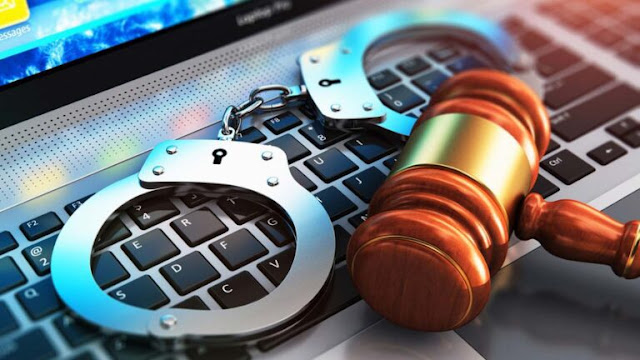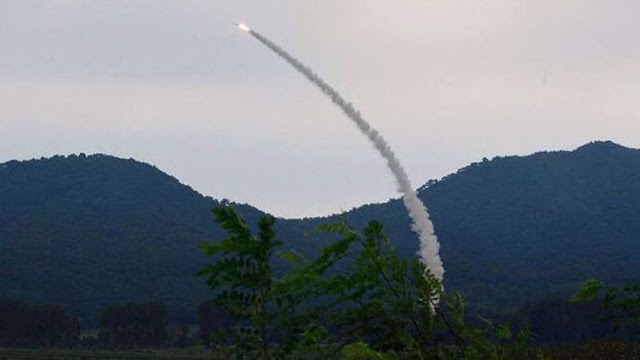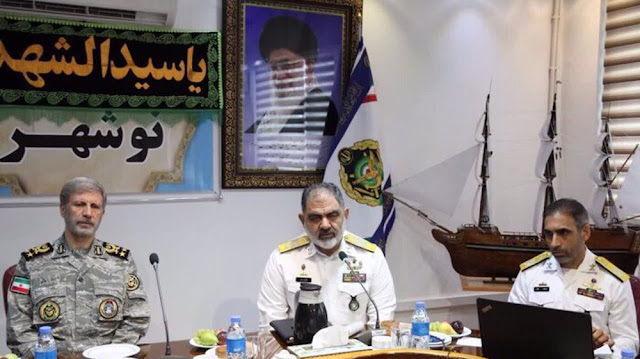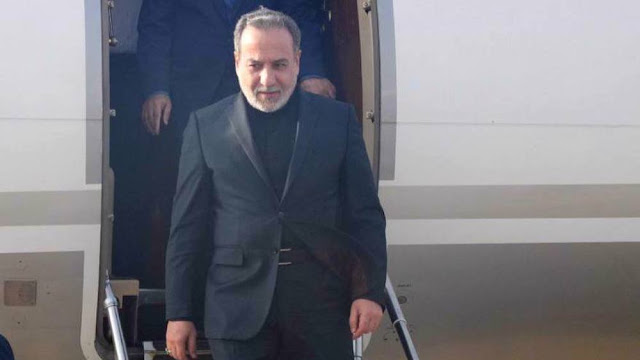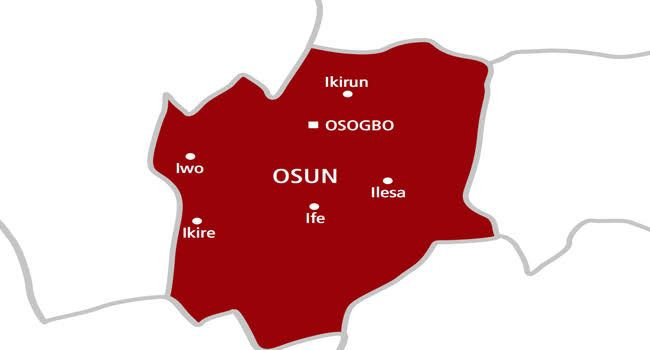Awka, August 24, 2025 – The Rule of Law and Accountability Advocacy Centre (RULAAC), a prominent human rights organization, has issued a passionate call for an immediate end to the arbitrary arrests, intimidation, torture, and harassment of journalists, activists, students, and ordinary citizens by both state and non-state actors in Southeast Nigeria. This demand was articulated in a communiqué released on Sunday following a significant dialogue session held in Awka, Anambra State, themed “Voices Unchained: A Journey Through Civic Space in Southeast Nigeria.” The event provided a critical platform for stakeholders to reflect on the shrinking civic space in the region, share harrowing personal testimonies of abuse, and propose actionable solutions to restore and protect civic freedoms.
The communiqué, signed by Prof. Jaja Nwanegbo (Chairman), Onyinyechi Nwosu (representing Civil Society Organizations), Ofoma Kenechukwu (for the Media), Chukwuemeka Okite (for Lawyers), Glory Okolie (for Community), Nneka Ikeh (for Women), and Egwuatu Uchenna (for Youths), highlighted a range of systemic issues undermining the rule of law and human rights in the Southeast. RULAAC’s call to action underscores the urgent need for reforms to address the high-handedness of security agencies, the misuse of ambiguous laws, and the pervasive culture of impunity that threatens democratic values in the region.
A Platform for Reflection and Dialogue
The dialogue session in Awka brought together a diverse group of participants, including representatives from civil society organizations, academia, the media, the legal community, security agencies, youths, religious leaders, community representatives, and victims of human rights violations. The event was designed to foster open discussions about the state of civic freedoms in Southeast Nigeria, a region that has faced significant challenges due to insecurity, political tensions, and socioeconomic disparities.
Participants shared personal stories of abuse and injustice, shedding light on the lived experiences of those affected by arbitrary arrests, torture, and harassment. These testimonies painted a sobering picture of a region where dissent is often criminalized, and citizens face increasing restrictions on their fundamental rights to free expression, assembly, and association. The dialogue aimed not only to highlight these issues but also to chart a path forward through collaborative and actionable recommendations.
The communiqué emphasized that the shrinking civic space in the Southeast has created an atmosphere of fear, self-censorship, and disillusionment among citizens. Journalists, activists, and students, in particular, have been targeted for their efforts to hold authorities accountable or advocate for change. The event in Awka served as a rallying point for stakeholders to demand accountability, transparency, and respect for the rule of law.
Systemic Issues Undermining Civic Freedoms
RULAAC’s communiqué outlined several critical concerns regarding the state of civic freedoms in Southeast Nigeria. One of the most pressing issues is the high-handedness of police and other security agencies, which have been accused of engaging in arbitrary arrests, detentions, and extrajudicial actions. The group highlighted the disturbing practice of detaining suspects in non-designated facilities, such as local government secretariats and vigilante offices, which violates legal standards and undermines due process.
The communiqué also decried the slow pace of judicial processes, widespread corruption within the justice system, and the denial of bail to suspects, particularly young people arrested for minor or petty offenses. These practices have led to the overcrowding of custodial centers, where individuals languish in poor conditions, often without access to fair trials. The misuse of the Cybercrimes Act and other ambiguous laws was another major concern, as these legal instruments have been weaponized to stifle online expression and silence dissenting voices. This has fostered a climate of fear, with many citizens resorting to self-censorship to avoid persecution.
Beyond state actors, RULAAC raised alarms about the role of non-state actors, including vigilante groups and mobs, in perpetuating violence and impunity. The communiqué referenced the tragic Uratta incident in Imo State, where village youths tortured a 20-year-old boy to death over a missing power bank. Such acts of mob justice and vigilante abuses have led to extrajudicial killings, further eroding trust in the rule of law and exacerbating tensions in communities.
The suppression of student voices in tertiary institutions was another critical issue highlighted by RULAAC. The imposition of unelected student union leaders has stifled student activism and limited opportunities for young people to engage in democratic processes. Additionally, the communiqué noted the “conspicuous silence” of political leaders in the Southeast on civic space violations, raising concerns about their commitment to protecting the rights of their constituents.
Recommendations for Reform and Accountability
In response to these challenges, RULAAC and the dialogue participants proposed a comprehensive set of recommendations aimed at addressing the root causes of civic space violations and promoting a culture of respect for human rights. The group called on both federal and state governments to immediately halt the criminalization of dissent and adopt policies that expand, rather than restrict, civic freedoms. This includes repealing or amending ambiguous laws, such as provisions of the Cybercrimes Act, that are used to suppress free expression.
The communiqué urged security agencies to adopt rights-based policing practices, emphasizing the need to respect court orders and uphold the rights of suspects. It also called on traditional and religious leaders to leverage their influence to discourage mob violence and promote peaceful engagement within communities. By fostering dialogue and discouraging extrajudicial actions, these leaders can play a pivotal role in restoring trust and promoting social cohesion.
RULAAC also emphasized the importance of an independent and proactive judiciary in addressing human rights violations. The group called on the judiciary to prioritize justice in cases involving civic freedoms, ensuring timely trials, fair hearings, and adherence to the rule of law. An independent judiciary, free from political interference, is essential to holding state and non-state actors accountable for abuses.
Civil society organizations and the media were encouraged to sustain civic education campaigns and amplify the voices of victims of human rights violations. By raising awareness about these issues and advocating for systemic reforms, these groups can help drive meaningful change and empower citizens to demand their rights.
The Broader Context: Civic Space in Southeast Nigeria
The issues raised by RULAAC reflect broader challenges facing civic space in Nigeria, particularly in the Southeast, where insecurity and political tensions have exacerbated human rights concerns. The region has been grappling with separatist agitations, communal conflicts, and clashes between security forces and armed groups, all of which have contributed to a climate of fear and repression. The activities of groups such as the Indigenous People of Biafra (IPOB) and the Eastern Security Network (ESN) have further complicated the security landscape, leading to heavy-handed responses from security agencies that often affect innocent citizens.
The misuse of laws like the Cybercrimes Act to target journalists and activists has raised concerns about the state of press freedom and freedom of expression in Nigeria. Journalists in the Southeast have faced increasing risks, including arrests, harassment, and intimidation, for reporting on sensitive issues such as government policies, security operations, and human rights abuses. Similarly, activists and students advocating for change have been met with repression, further shrinking the space for civic engagement.
The overcrowding of custodial centers and the slow pace of trials are indicative of deeper systemic issues within Nigeria’s justice system. Many young people, arrested for minor offenses, spend years in detention without access to legal representation or fair hearings. This not only violates their rights but also fuels resentment and distrust in institutions, contributing to social unrest.
The rise of mob justice and vigilante groups in the Southeast is another alarming trend. In the absence of effective law enforcement, communities have increasingly taken justice into their own hands, leading to tragic outcomes such as the Uratta incident. These acts of violence highlight the urgent need for reforms to strengthen the rule of law and ensure that justice is administered through legal channels.
The Role of Stakeholders in Restoring Civic Freedoms
The dialogue session in Awka underscored the importance of collaboration among stakeholders in addressing these challenges. Civil society organizations, such as RULAAC, play a critical role in advocating for human rights and holding authorities accountable. By organizing events like “Voices Unchained,” these groups provide a platform for victims to share their stories and for stakeholders to develop strategies for change.
The media, as a key pillar of democracy, has a responsibility to amplify the voices of those affected by civic space violations and to hold power to account. Journalists in the Southeast must be supported to carry out their work without fear of reprisal, as their reporting is essential to raising awareness and driving reforms.
Traditional and religious leaders, who wield significant influence in their communities, can help promote peaceful conflict resolution and discourage vigilante justice. By engaging with their followers and advocating for respect for the rule of law, these leaders can contribute to a culture of accountability and non-violence.
The judiciary, as the guardian of justice, must assert its independence and ensure that cases involving human rights violations are handled with fairness and efficiency. By prioritizing these cases, the judiciary can help restore public confidence in the justice system and deter further abuses.
A Call to Action for a Free and Just Society
The “Voices Unchained” dialogue session in Awka represents a critical step toward addressing the shrinking civic space in Southeast Nigeria. RULAAC’s communiqué serves as a clarion call for all stakeholders—government, security agencies, civil society, the media, and community leaders—to work together to protect and expand civic freedoms. The group’s recommendations provide a roadmap for reform, emphasizing the need for rights-based policing, judicial independence, and community engagement.
As Southeast Nigeria navigates its complex challenges, the restoration of civic freedoms is essential to building a just and democratic society. The stories shared during the dialogue session highlight the human cost of repression and the urgent need for change. By addressing the systemic issues outlined in the communiqué, Nigeria can move closer to a future where the rights of all citizens—journalists, activists, students, and ordinary people—are respected and protected.
The Rule of Law and Accountability Advocacy Centre’s call for an end to arbitrary arrests, intimidation, and harassment in Southeast Nigeria is a powerful reminder of the importance of protecting civic freedoms. The dialogue session in Awka provided a vital platform for reflection, dialogue, and action, bringing together diverse stakeholders to address the region’s human rights challenges. The communiqué’s recommendations offer a path forward, emphasizing the need for systemic reforms, accountability, and collaboration.
As Nigeria strives to uphold the rule of law and democratic principles, the voices of the Southeast must not be silenced. By halting the criminalization of dissent, adopting rights-based policing, and fostering an independent judiciary, the region can overcome its challenges and build a society where all citizens can exercise their rights without fear. RULAAC’s efforts, supported by the collective resolve of stakeholders, provide hope for a future where civic space is truly unchained, and the voices of all Nigerians are heard and respected.


